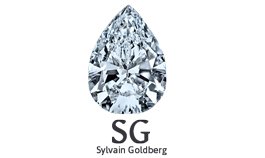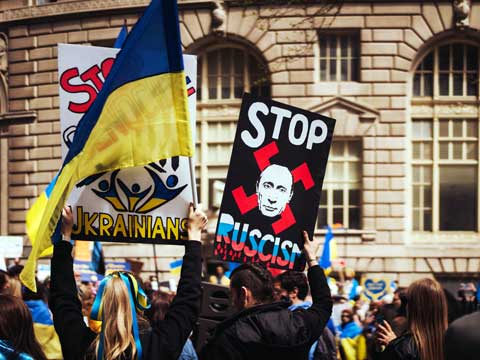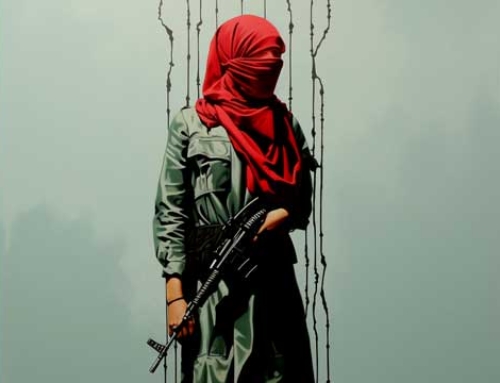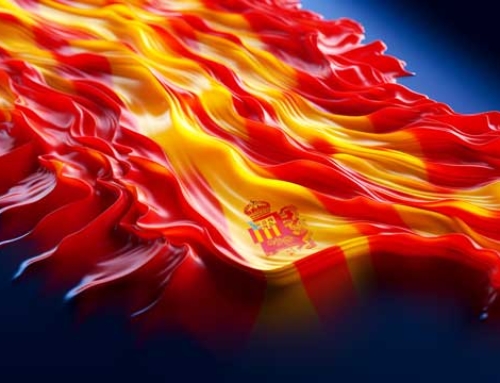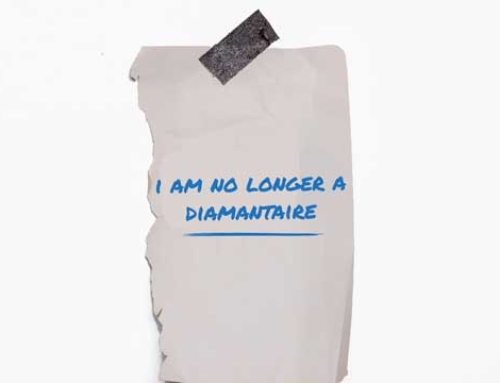The European Commission wants to ban an additional 7 billion euros worth of Russian imports. Diamonds would not be among them.
The holding of “sham referendums” in eastern Ukraine and Russian President Vladimir Putin’s threat to deploy nuclear weapons mean that the EU did have to come up with a new – the eighth – sanctions package. So said committee chair Ursula von der Leyen Wednesday afternoon: ‘The Kremlin must pay for the new escalation.‘
The 27 foreign ministers of European member states had already given the go-ahead for additional sanctions against Russia in New York last week.
The committee is proposing additional trade restrictions through an import ban on Russian products. Which products are involved will be revealed later. The ban would deprive Moscow of 7 billion euros in revenue.
Aviation and chemicals
The list of products that the EU will no longer be allowed to export to Russia will also be expanded. According to Von der Leyen, these include high-tech products, components for aviation and chemicals. ‘This will weaken the basis of the Russian economy as well as its capacity to modernize.’
The list of individuals and entities to be included on the sanctions list will also be significantly expanded to include members of the defense sector and Russians and companies involved in the latest referenda.
Diamond
For a while it looked like Alrosa would also end up on that list, the company that virtually controls the export of Russian diamonds and supplies the Antwerp diamond sector, among others, with rough diamonds. But that would have been a mistake when the list was drawn up. According to the corrected list, Antwerp would not be affected after all.
EU countries had already agreed on a ban on Russian oil imports by sea from Dec. 5. Meanwhile, the G7 agreed in principle to introduce a price ceiling on Russian oil to reduce Russia’s revenues. The commission wants to establish the legal basis for this.
What will Orban do?
Interestingly, according to the committee, European citizens should also be banned from serving on boards of directors of Russian state-owned companies. Finally, there should also be a sanctions list for individuals who cooperate in circumventing European sanctions. “That will be a great deterrent,” Von der Leyen said.
The ball is now in the camp of member states, who must decide unanimously on the final list. It will be especially watchful to see what Hungary does. Hungary’s foreign minister, Peter Szijjarto, joined New York in deciding in principle that there would be an eighth sanctions package. But his prime minister, Viktor Orban, recently said he will push for the lifting of European sanctions by the end of this year. According to him, “the sanctions are the cause of inflation and the energy crisis” and are being imposed by “Brussels bureaucrats“.
